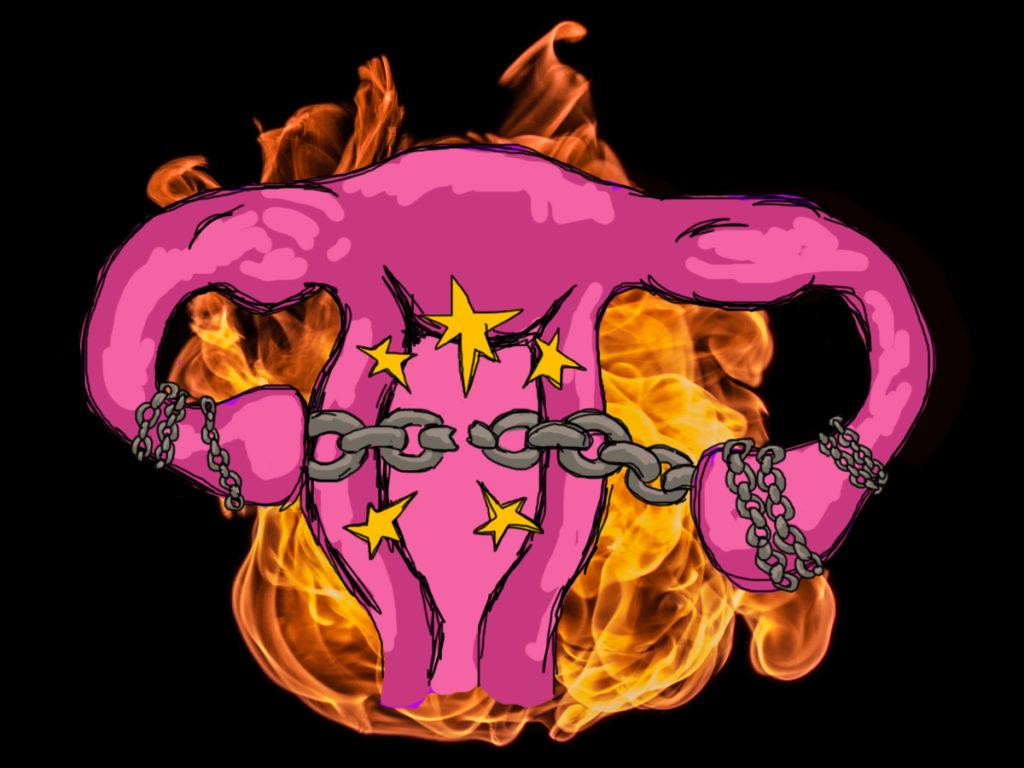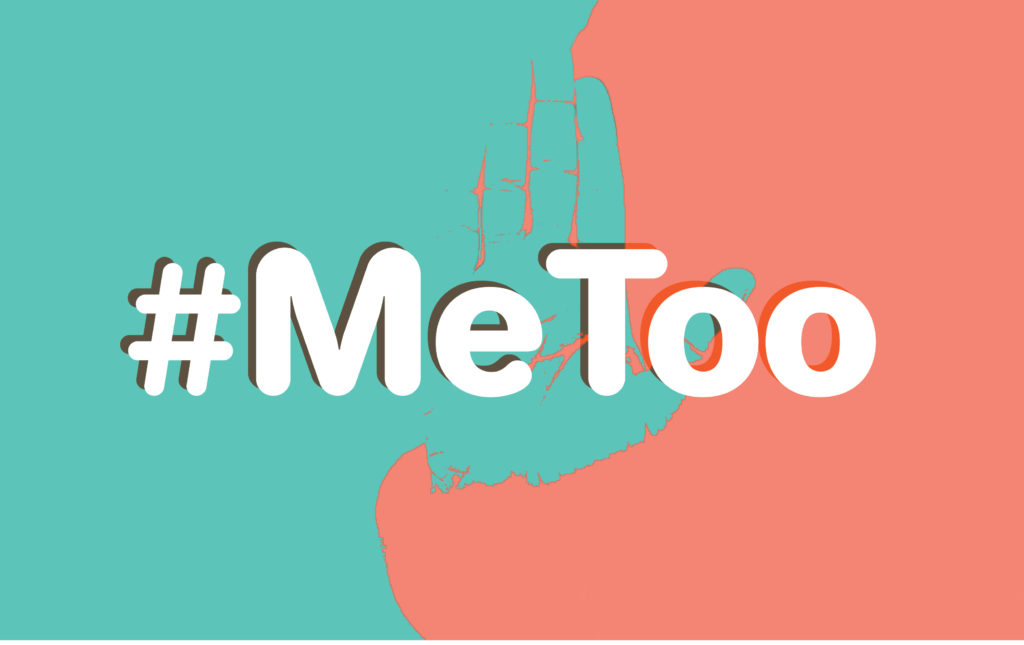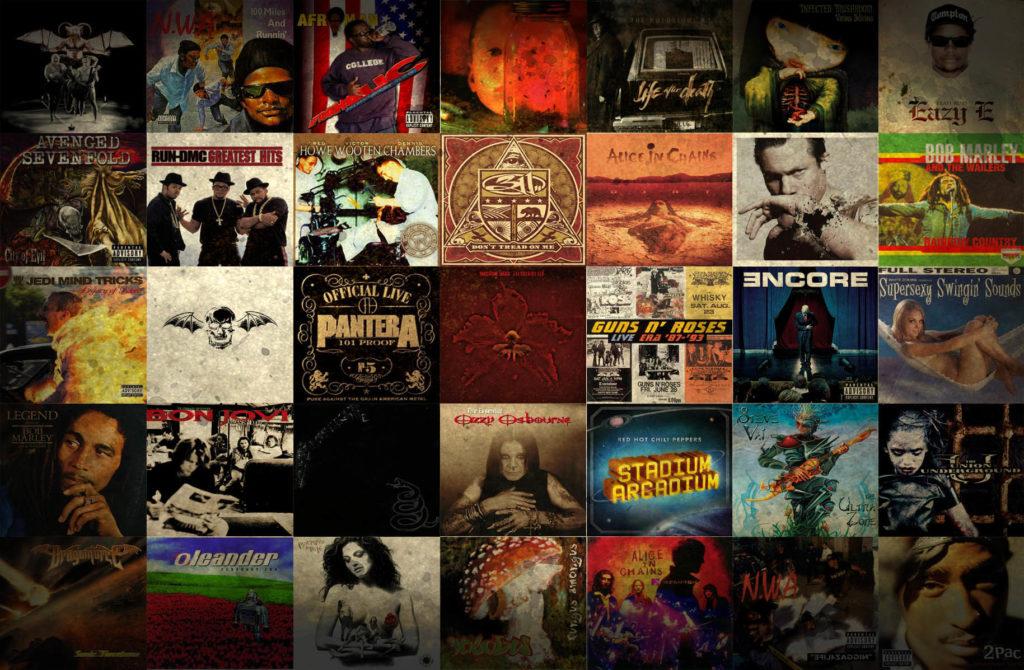
On October 5th, starting from a pavilion in Father Hennepin Bluffs Park, SlutWalk MN will return to Minneapolis. If it is anything like the SlutWalk I went to as a first year, there will be hundreds of protesters, mostly women, but people of all genders can be found in the crowd, gathered to march the 1.8 mile walking trail around the West River in protest of rape culture and sexual assault. SlutWalk began in April 2011 as a response to a Canadian constable speaking at York University who, during a forum on rape on college campuses, said, “I’ve been told I’m not supposed to say this – however, women should avoid dressing like sluts in order not to be victimized.”
Although it is not true for everyone participating, one of the movement’s goals is to reclaim the word slut, hence the name. SlutWalks have been held around the world since their conception and have given rise to a term that has firmly instituted itself into the rhetoric of feminism and sex positivity: slut-shaming.
Slut-shaming means attacking or criticizing a women for the sexual acts and interests they might enjoy, as well as the pressure to perform highly gendered expectations of what constitutes “appropriate” behaviors. Usually, we are talking about women when slut-shame is used. What actually constitutes slut-shaming depends on a thorough understanding of what advocates label as the patriarchal norms’ demands from femininity. Behaviors that are shamed include having a lot of sex, liking sex, wanting sex, wearing clothing that reveals a lot of skin and wearing glamorous clothing. For many of these examples, the shaming defies the historical repression of sexuality many people have faced; it comes as a retaliation of taking ownership of one’s agency in sex.
Slut-shaming has been really useful as a tool to discuss the blame and anger directed at people asserting their agency over their sexuality, when before they were punished for their desire. However, I think there need to be some serious considerations as to how we are throwing this word around.
Slut-shaming is specific, and describes a specific kind of discrimination faced by some people and some women. One of the most influential critiques of SlutWalk that still hold true years later comes from Black women of the Black Women’s Blueprint, who say that because of the exotification of their bodies and the bodies of other women of color, they do not have access to the same kind of reclamation of slut. The constant sexualization of their bodies makes slut an un-reclaimable word for these women. To call their experience slut-shaming is to ignore the history of racism and colonialism involved in marking their bodies as sexualized by default, rather than coming from the choices the women make regarding their sexual expression.
Furthermore, the construction of the phrase is centered on slut, which can be read in one of two ways: either it is shaming people by calling them sluts or their actions slutty, or it is shaming people who have reclaimed slut for their sexual choices. Those are two really different tones, and I am never quite sure which one people are referring to—which is a problem. Either way, by centering on slut, problems arise that do not come up in similar constructions, like body-, fat- and kink-shaming (all of which refer specifically to shaming someone for their body, fat or kink, respectively).
The dilemma of using slut shaming as a blanket term was highlighted for me last May, when a ThinkProgress article called How ‘Slut Shaming’ Has Been Written Into School Dress Codes Across The Country went viral. As the title implies, the writers go through the rules implemented into school dress codes to punish young girls for not meeting arbitrary standards of so-called appropriate dress. Emphasized in the article was that the codes prevent boys from getting distracted, and that, creepily, school officials who were usually men regulated the bodies of the young girls and determined that they were too revealing.
These examples of regulation are disgusting: they blame girls for the gaze of their harassers; they ask older people and men to designate what for them reads as too sexy on young girls; and extrapolating further, these same rules can be and are used to regulate the presentation of trans*folk who don’t fit a norm.
Many people find power in the word slut, but if the reaction to SlutWalk shows us anything, slut is not a term everyone can or wants to reclaim. When you use slut-shaming in this instance, you are labeling the girls as sluts and/or their “revealing/tight” clothing as slutty—which to me is dangerous. While middle school girls are allowed their sexuality, they should also have the right to choose whether to be empowered through being called sluts. In this case, slut-shaming also ignores the fact that cuts of clothes have been increasingly produced to sexualize younger and younger girls. That too can be and is a violence. That too is important to acknowledge and fight.
Slut-shaming is not equivalent to misogyny, sexism, sex negativity, regulation of women’s bodies, sexualization of young bodies, rape culture or anti-feminism. With such a potentially violent word that has just started to be reclaimed, it’s important to step back and think if this is the right situation to use it. The idea of slut-shaming has value, and what people are calling out as slut-shaming is usually right on: women who have a lot of sex are unfairly targeted, and women in general are punished for their sexuality. It would just be really helpful to talk through regulation of women and girl’s bodies/clothing that isn’t as broad as misogyny and that isn’t as specific as slut-shaming. I am honestly not sure what to do with this problem other than to promise that at least with my column, I will only use slut-shaming to refer to the specific experiences I described earlier. Alternatives I am considering are sex shaming and sexuality shaming, which might obscure the gendered nature of slut-shaming but at least then I am not erroneously offending someone by pushing slut onto them.
Whatever I decide, I promise to do my best to be specific about the choices I make, a specificity born from a critical awareness of what we mean to accomplish with our actions. If in the process of calling for change, people want to reclaim slut, they can as long as they understand that the weight of the word means different things to different people. If you want to go to SlutWalk, power to you; just make sure to wear walkable shoes (learn from my mistakes: marching 1.8 miles plus the ride over is longer than you think) and understand the implications of the movement you are representing. After one SlutWalk and years of thinking on slut-shaming, I realized it’s just not for me, and I want it to stay not for me. There are few definitive commands that come out of this column, but here are two: Do not ever call me a slut, in either the offensive or reclaimed matter. Do not ever refer to any violence that may be done upon my body as slut-shaming. As long as we got that down, we good.





Brian Peters • Sep 11, 2019 at 5:58 pm
I used to be very pleased to find this net-site.I wished to thanks for your time for this wonderful learn!! I positively having fun with every little little bit of it and I’ve you bookmarked to take a look at new stuff you blog post.
Stephen Bell • Sep 10, 2019 at 12:02 pm
I am continually looking online for articles that can assist me. Thank you!
Sophie Hughes • Sep 5, 2019 at 2:43 pm
Hmm it looks like your blog ate my first comment (it was extremely long) so I guess I’ll just sum it up what I had written and say, I’m thoroughly enjoying your blog. I as well am an aspiring blog blogger but I’m still new to everything. Do you have any recommendations for inexperienced blog writers? I’d certainly appreciate it.